“Let Us Rise Up and Build”
Ezra 1–8; Nehemiah 1–2; 4; 6; 8
LDS manual: here
Reading
As this lesson opens, Israel is having one of its times when they’ve forgotten all about that bastard Jehovah (soon to become Jesus). And what a great time that could have been. They could have done regular things like other people, and not have had to engage in bizarre loopholes and workarounds for their unworkable lifestyle, like hanging strings on poles all over town, or getting other people to turn on their lights for them. But no, as we saw in lesson OT 29, some blamed fool decided to revive the curse and return religion to largely secular Jews.
That blamed fool was actually two people: Ezra, a priest, and Nehemiah. The two of them were influential in building the wall of Jerusalem (Nehemiah) and rebuilding the temple (Ezra). As always, religion builds walls and creates differences between people.
Main points from this lesson
Cyrus did not read about himself in Isaiah.
The LDS lesson manual slips up on the very first step.
Ezra 1–6. King Cyrus reads his name in Isaiah’s prophecies and is filled with a desire to do the Lord’s will.
This refers to Cyrus giving the okay for the Jews to build a temple.
And:
The words of Cyrus that are recorded in Ezra 1:2 refer to a prophecy in Isaiah 44:28 that mentioned Cyrus by name (see also Isaiah 45:1–5; explain that although the story of Cyrus comes before the book of Isaiah in the Old Testament, Isaiah lived about 150 years before Cyrus was born).
As we’ve already seen in our lessons, Isaiah (or rather, Deutero-Isaiah) would not have mentioned Cyrus 150 years before Cyrus. Isaiah v2 only knew Cyrus once he’d hit the political scene, and it was then that he started dropping in references to him.
In other words, if Cyrus ever did see his name in the OT, the ink was still wet.
Back to the manual.
• Why did Cyrus decree that a temple should be built again in Jerusalem? (See Ezra 1:1–2.) How did Cyrus know the Lord wanted him to do this?
Who knows what he thought, but it was probably one of those bursts of tolerance that leaders are prone to, especially when they want to ingratiate themselves with a troublesome rabble. Cyrus probably realised fairly quickly that letting the Jews build a temple was the quickest way of getting them onside. Then they’d be babbling away in their temple, not causing trouble for him.
As always…
Where did the Mormons get the idea that Cyrus saw his name in the Bible, anyway? From an ancient Jewish historian.
The words of Cyrus that are recorded in Ezra 1:2 refer to a prophecy in Isaiah 44:28 that mentioned Cyrus by name (see also Isaiah 45:1–5; explain that although the story of Cyrus comes before the book of Isaiah in the Old Testament, Isaiah lived about 150 years before Cyrus was born). The ancient Jewish historian Flavius Josephus reported that Cyrus read his name in Isaiah’s prophecies, was touched by the Spirit of the Lord, and desired to fulfill what was written (The Works of Flavius Josephus, Antiquities of the Jews, trans. William Whiston [n.d.], bk. 11, chap. 1, pars. 1–2).
Mormon scholarship doesn’t seem to have progressed far beyond the ancient, or maybe it’s just a case of picking whatever works.
More from the manual:
• How would you feel if you were reading the scriptures and read a prophecy that gave your name and described specific things you would do?
I would think “How clever I am to have retconned myself into the Scriptures,” just like Joseph Smith did when he wrote himself into the Bible and the Book of Mormon.
I would also think: If I actually decide to do this because I just read it, doesn’t that kind of invalidate the prediction? That way, the prophet wouldn’t have really been seeing the future; he basically just wrote a suggestion saying, “Someone should totally do this.” Self-fulfilling prophecies kind of run counter to the spirit of the thing.
How Mormons should relate to ex-Mormons.
One of the stated purposes of this lesson is:
to show Christlike love to those who oppose the work of the Lord.
With that in mind, here’s a question from the manual:
How did the Jews respond to these efforts to stop the construction of the walls? (See Nehemiah 4:9, 13–15.)
Good question, manual. Let’s read the answer.
Neh. 4:9 Nevertheless we made our prayer unto our God, and set a watch against them day and night, because of them.
…
4:13 Therefore set I in the lower places behind the wall, and on the higher places, I even set the people after their families with their swords, their spears, and their bows.
4:14 And I looked, and rose up, and said unto the nobles, and to the rulers, and to the rest of the people, Be not ye afraid of them: remember the LORD, which is great and terrible, and fight for your brethren, your sons, and your daughters, your wives, and your houses.
4:15 And it came to pass, when our enemies heard that it was known unto us, and God had brought their counsel to nought, that we returned all of us to the wall, every one unto his work.
Answers: They set a watch against them, and armed themselves to the teeth.
Wait, is that what they meant? I thought the idea was to be kind and to show some lurve. But that wasn’t the view of Brigham Young.
“I say, rather than that apostates should flourish here, I will unsheath [sic] my bowie knife, and conquer or die [Great commotion in the congregation, and a simultaneous burst of feeling, assenting to the declaration.]. Now, you nasty apostates, clear out, or judgment will be put to the line, and righteousness to the plummet [Voices, generally, ‘go it, go it.’]. If you say it is right, raise your hands [All hands up.]. Let us call upon the Lord to assist us in this, and every good work.”
– Prophet Brigham Young, Journal of Discourses, v. 1, p. 83; online at http://journals.mormonfundamentalism.org/Vol_01/refJDvol1-16.html
Or Sidney Rigdon.
…it was the imperative duty of the Church to obey the word of Joseph Smith, or the presidency, without question or inquiry, and that if there were any that would not, they should have their throats cut from ear [to] ear.”
– Sidney Rigdon letter to Apostle Orson Hyde, October 21, 1844, in Nauvoo Neighbor, December 4, 1844; see also Quinn, Mormon Hierarchy: Origins of Power, p. 94
Back to the lesson manual:
Elder Marvin J. Ashton counseled: “Certain people and organizations are trying to provoke us into contention with slander, innuendos, and improper classifications. How unwise we are in today’s society to allow ourselves to become irritated, dismayed, or offended because others seem to enjoy the role of misstating our position or involvement.”
I wonder how Elder Ashton would have felt to realise that the LDS Church has had to publish information that essentially confirms what Mormons used to call “slander and innuendo”.
New rule: the church doesn’t get to complain that sources are misstating the church’s position when those sources turn out to be a better source of information about the church than the church itself.
Ashton continued:
“Ours is to explain our position through reason, friendly persuasion, and accurate facts.”
This strategy was dropped because reason and accurate facts are not advantageous to the church.
[Church history] if not properly written or properly taught, … may be a faith destroyer… The writer or teacher who has an exaggerated loyalty to the theory that everything must be told is laying a foundation for his own judgement… The Lord made it very clear that some things are to be taught selectively and some things are to be given only to those who are worthy.
Apostle Boyd K. Packer, “The Mantle is Far, Far Greater Than the Intellect,” Reprinted in BYU Studies, v.21, no.3, 1981, pp.259-277
“Ignore them.” How Mormons engage with critics
This lesson manual is decades old, but conditions have shifted since its publication. The LDS leadership is having to deal with a member exodus, Kirtlandian in its extent. With more members leaving the church than ever, it seems likely that almost every Mormon will be familiar with someone who has left. How would the church like its members to engage with challenges from former members? Let’s see what the manual has to say.
What did Nehemiah do when Sanballat asked him to stop working and meet with him? (See Nehemiah 6:1–4.) How do some people try to distract Church members from the Lord’s work today? How should we respond to such distractions?
Let’s look at the relevant scripture:
Neh. 6:1 Now it came to pass when Sanballat, and Tobiah, and Geshem the Arabian, and the rest of our enemies, heard that I had builded the wall, and that there was no breach left therein; (though at that time I had not set up the doors upon the gates;)
6:2 That Sanballat and Geshem sent unto me, saying, Come, let us meet together in some one of the villages in the plain of Ono. But they thought to do me mischief.
6:3 And I sent messengers unto them, saying, I am doing a great work, so that I cannot come down: why should the work cease, whilst I leave it, and come down to you?
6:4 Yet they sent unto me four times after this sort; and I answered them after the same manner.
The implication, it seems to me, is that members should ignore critics. I can see why that option is attractive — it allows members to disengage from ideas that might get them thinking and asking questions.
It’s a strategy that Mormons are very good at. Here are some thoughts I learned from my years in the church that allowed me to avoid uncomfortable lines of reasoning.
- Some people will be hostile to the church, no matter what.
- They don’t want to find out more; they just want to argue.
- They can leave the church, but they can’t leave it alone.
Even just branding a person, a book, or a website as “anti-Mormon” is a way of categorising and dismissing ideas so that they don’t need to be dealt with. They are, to use a term popularised by psychologist Robert Jay Lifton, thought-terminating clichés.
The language of the totalist environment is characterized by the thought-terminating cliché. The most far-reaching and complex of human problems are compressed into brief, highly reductive, definitive-sounding phrases, easily memorized and easily expressed. These become the start and finish of any ideological analysis.
What other thought-terminating clichés have you heard (or used) to dismiss criticism of the church? I’d love to see them in comments.
Additional teaching ideas
How religion separates people
Israel was on a course to integrating itself with its neighbours. This swing toward religious bigotry stopped that. Nehemiah’s reading of the law caused them to block intermarriage…
Neh. 10:29 They clave to their brethren, their nobles, and entered into a curse, and into an oath, to walk in God’s law, which was given by Moses the servant of God, and to observe and do all the commandments of the LORD our Lord, and his judgments and his statutes;
10:30 And that we would not give our daughters unto the people of the land, not take their daughters for our sons:
…and exclude people of Ammonite and Moabite descent.
Neh. 13:1 On that day they read in the book of Moses in the audience of the people; and therein was found written, that the Ammonite and the Moabite should not come into the congregation of God for ever;
13:2 Because they met not the children of Israel with bread and with water, but hired Balaam against them, that he should curse them: howbeit our God turned the curse into a blessing.
13:3 Now it came to pass, when they had heard the law, that they separated from Israel all the mixed multitude.
It looks like linguistic discrimination was part of the deal.
13:23 In those days also saw I Jews that had married wives of Ashdod, of Ammon, and of Moab:
13:24 And their children spake half in the speech of Ashdod, and could not speak in the Jews’ language, but according to the language of each people.
13:25 And I contended with them, and cursed them, and smote certain of them, and plucked off their hair, and made them swear by God, saying, Ye shall not give your daughters unto their sons, nor take their daughters unto your sons, or for yourselves.
Religion may give some benefits to members of the in-group. But the end result is discrimination against members of the out-group. I suppose this is because religion sets up a system of beliefs, goals, habits, and practices common to members, but that non-members don’t share. That helps members forge a common identity, but it makes it hard for members and non-members to understand each other. In good times, it can engender polite curiosity, but in bad times, it can lead to hostility and bloodshed. This is the social cost of religion, and it’s just too high.
Modern wall builders
The current-day spiritual progeny of Ezra and Nehemiah are Wallbuilders, a political group that promotes pseudo-history and serves as a vehicle for ersatz historian David Barton.
You can find out more about Barton on his Right Wing Watch page.
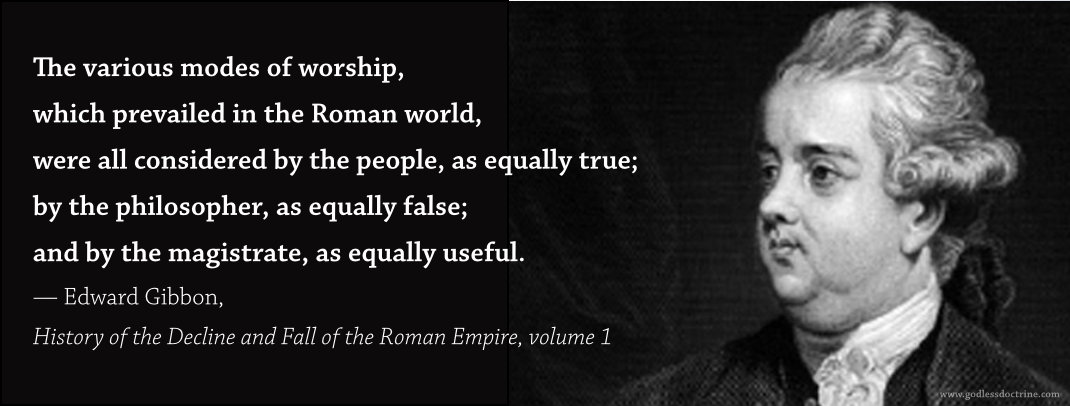
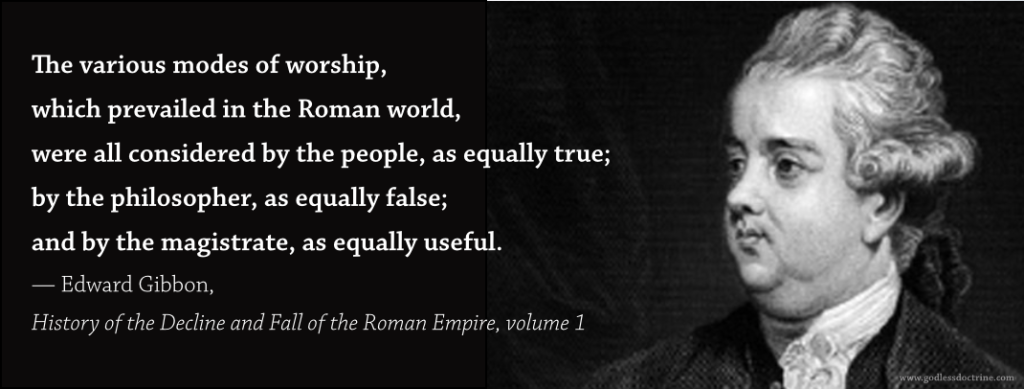


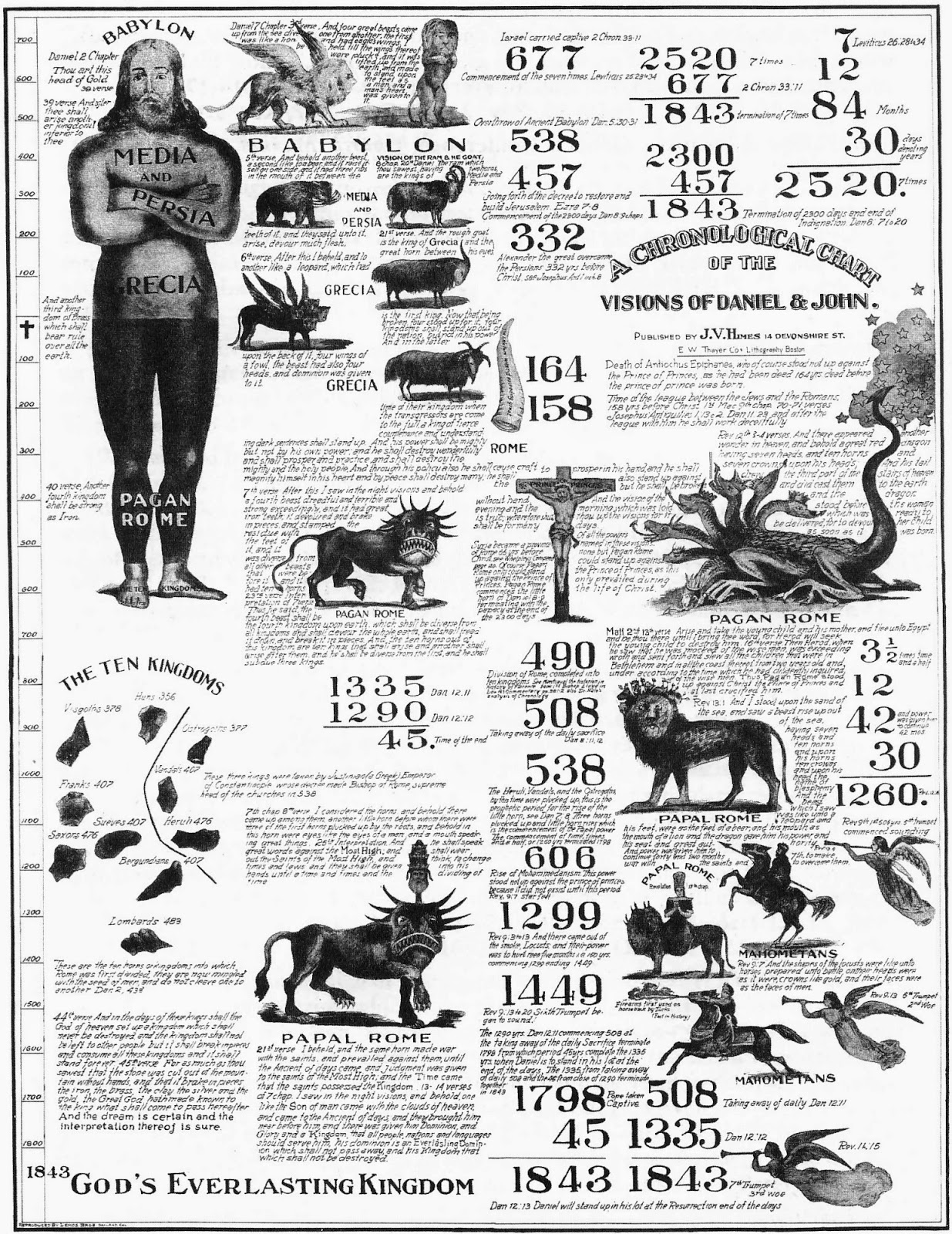
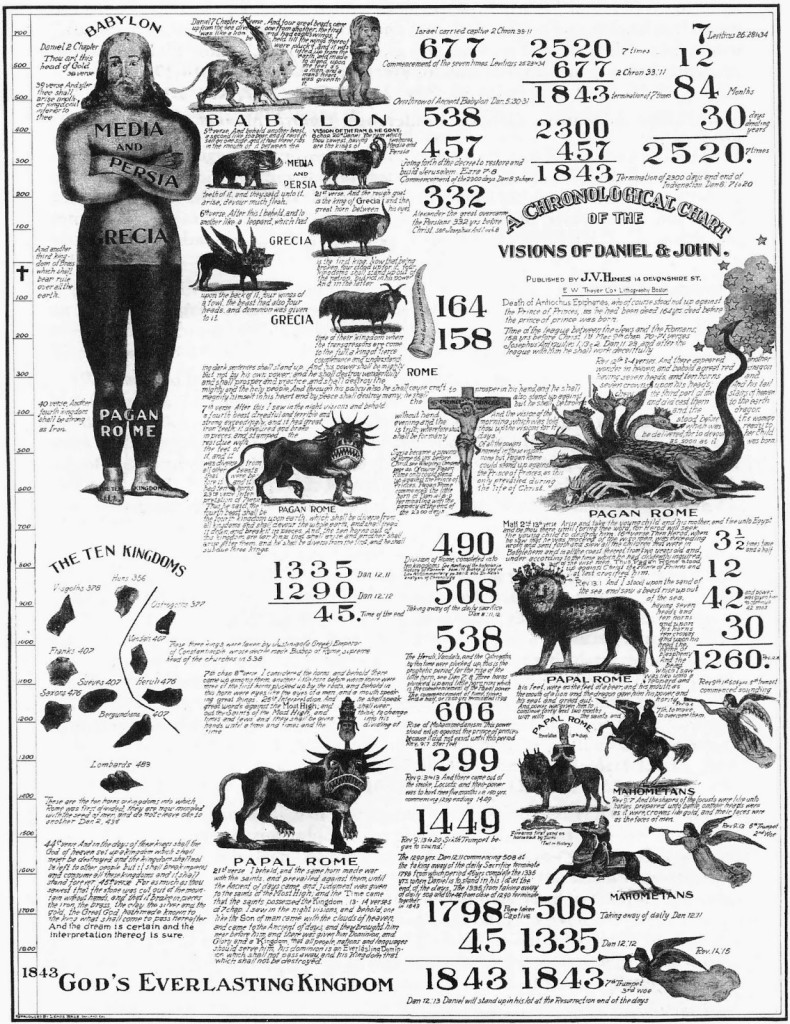
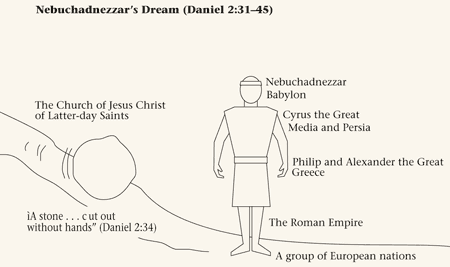



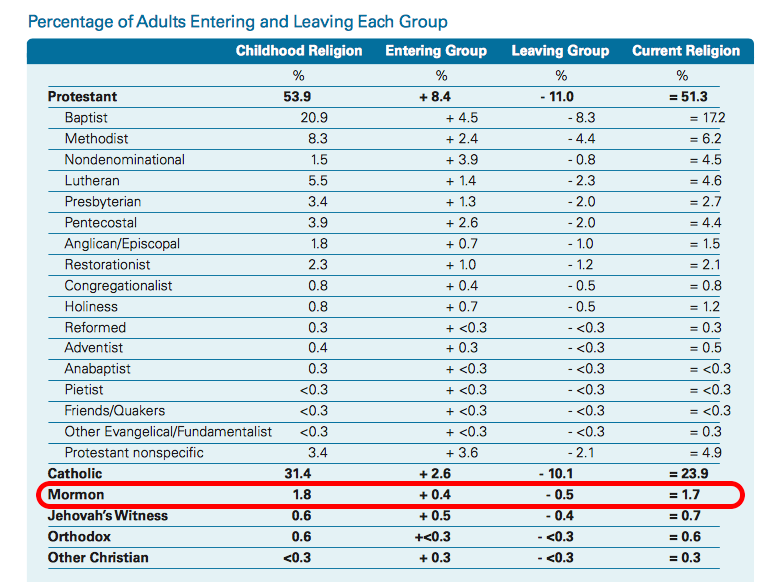

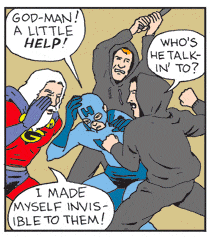

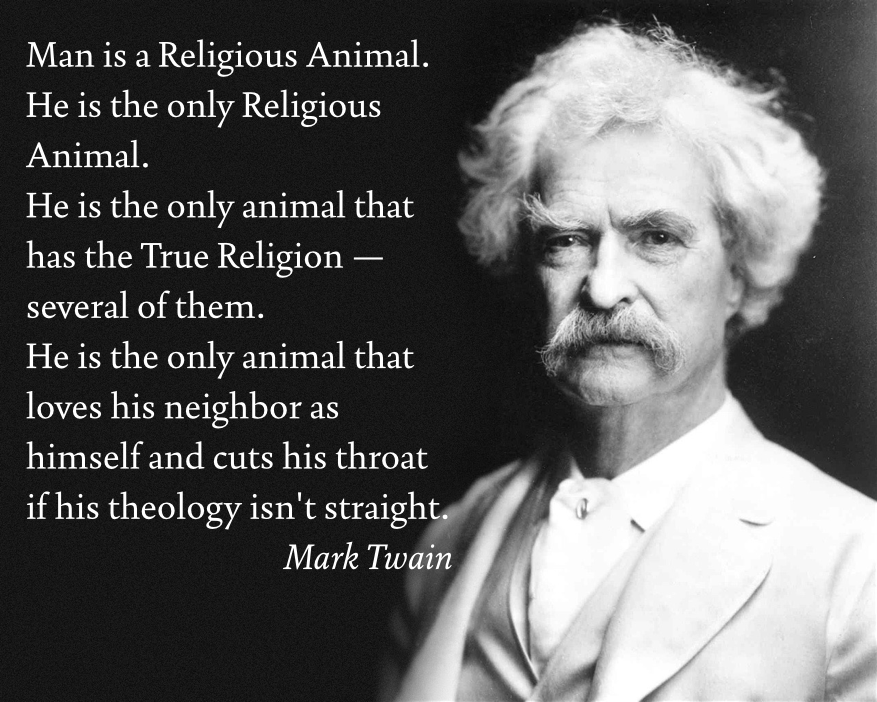
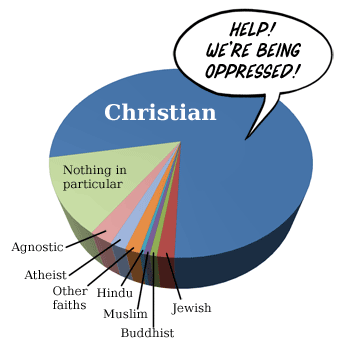



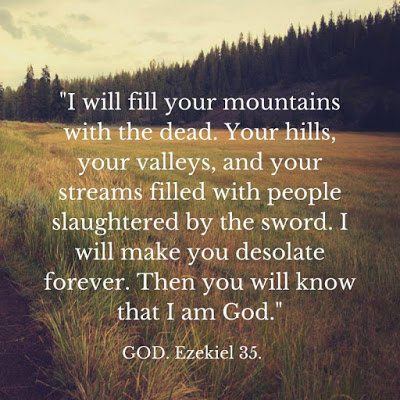



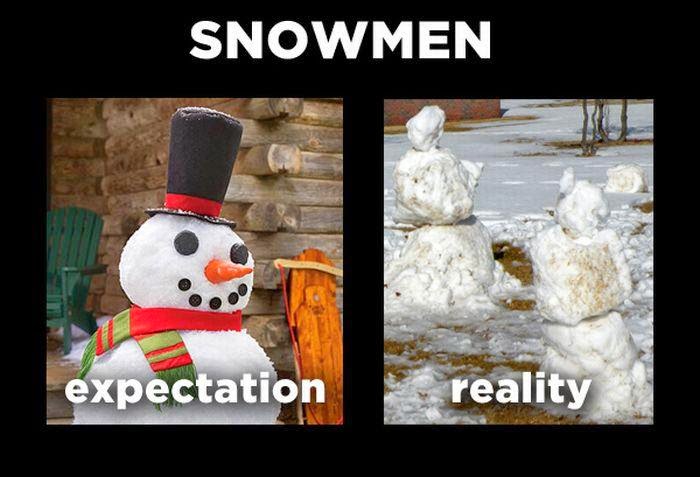
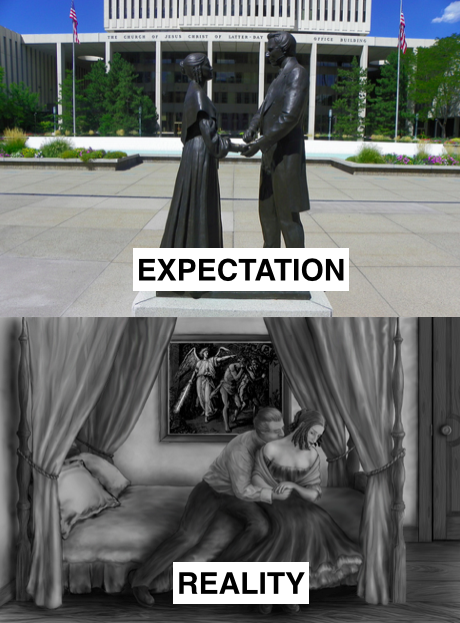
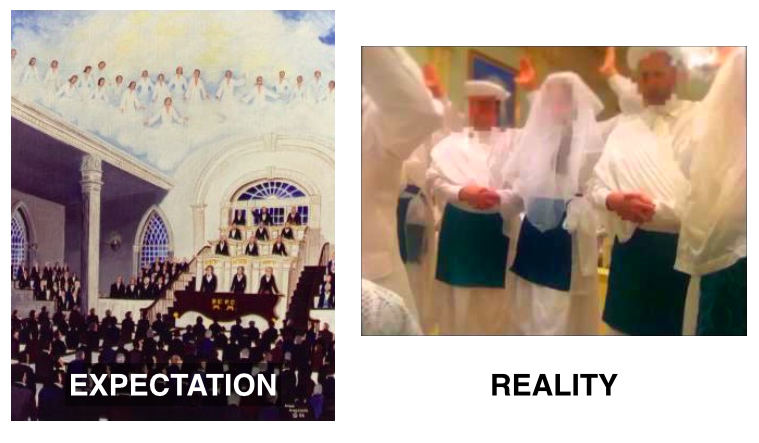





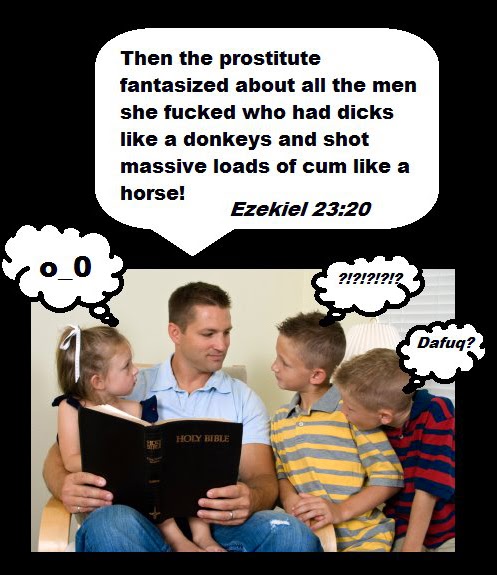
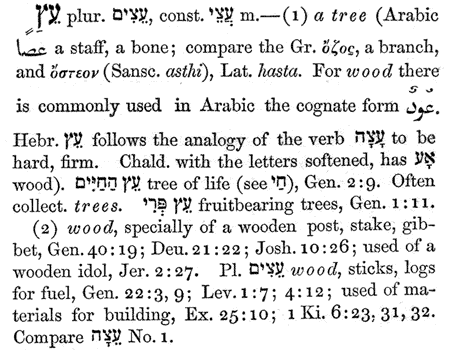
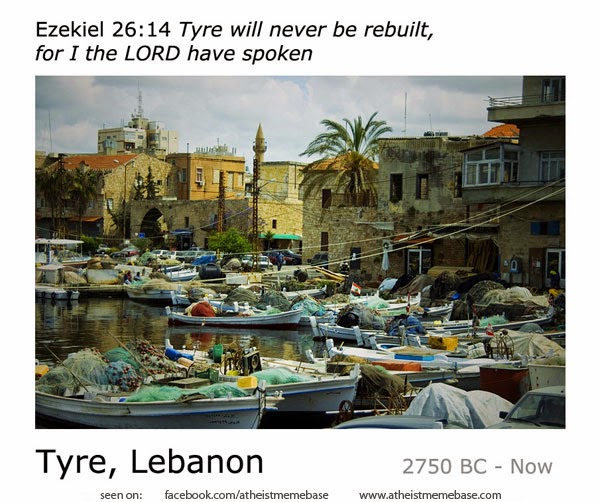
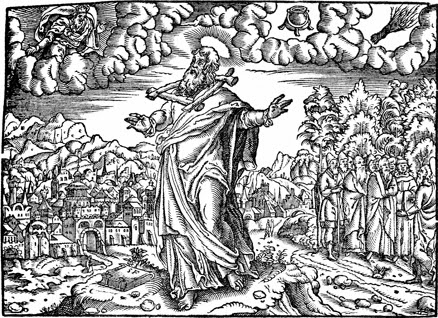


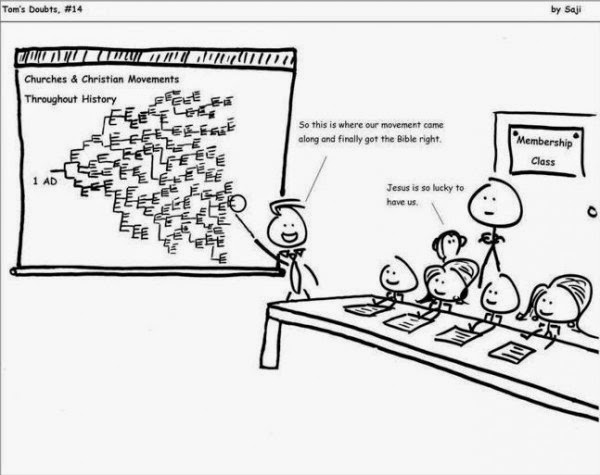
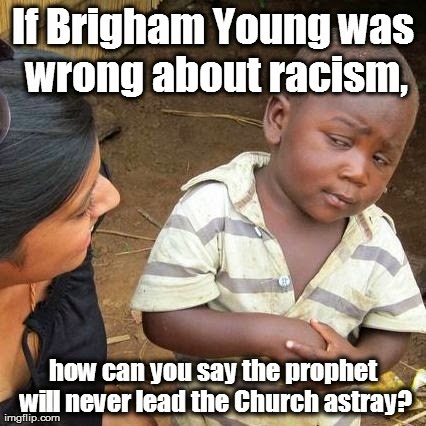
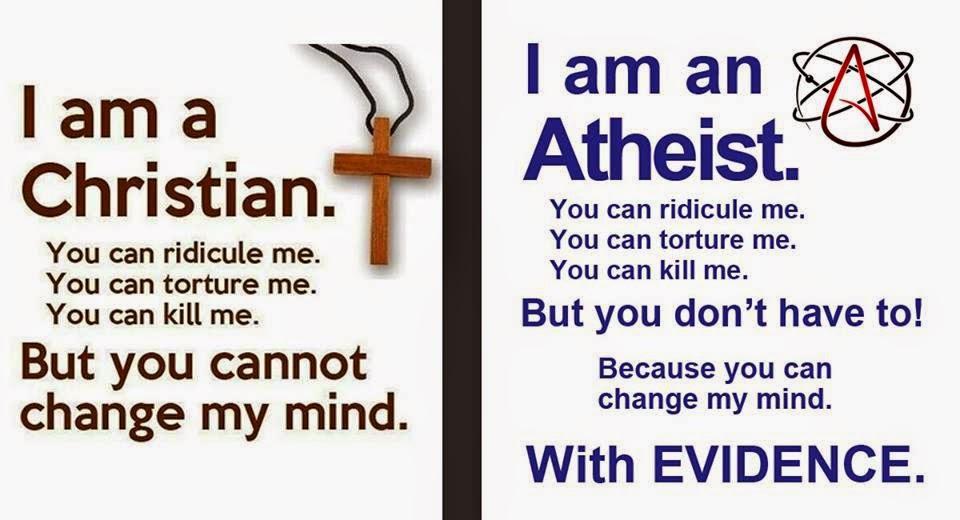





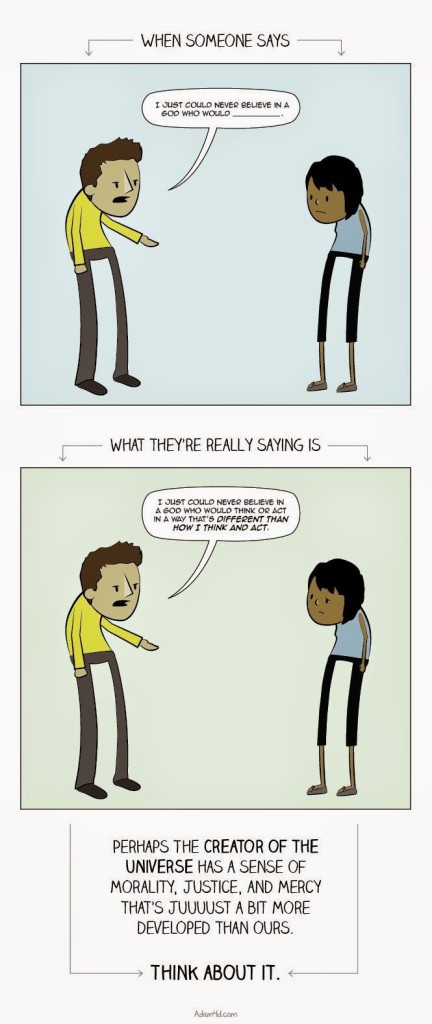
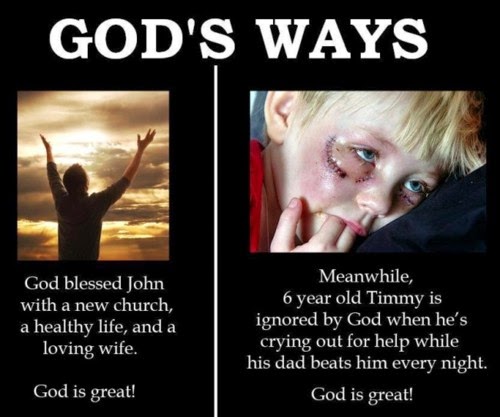



Recent Comments